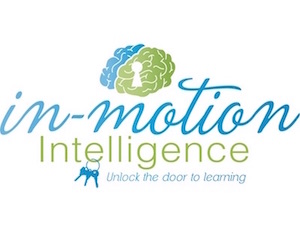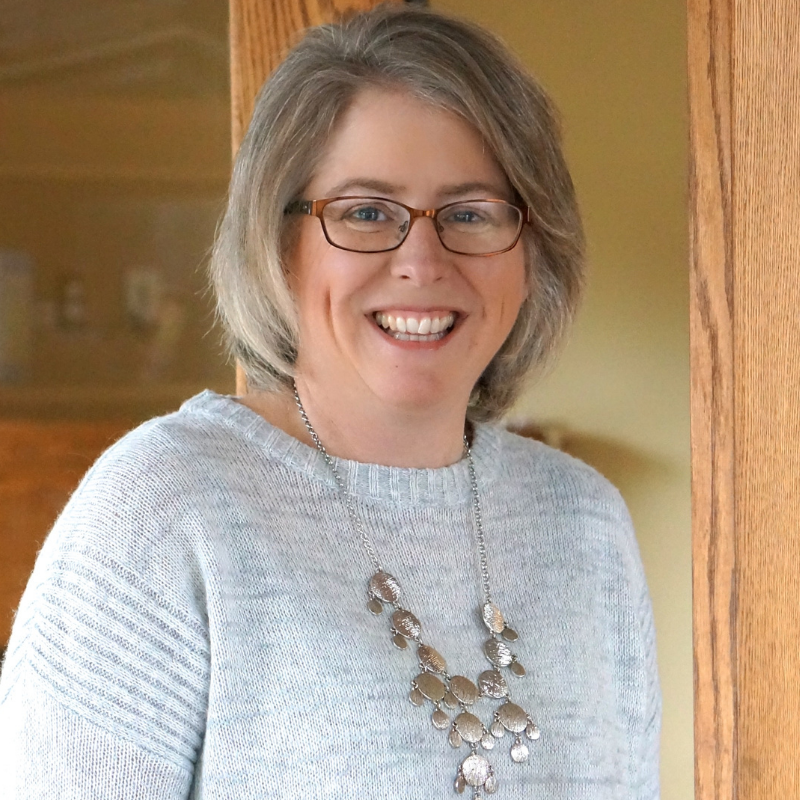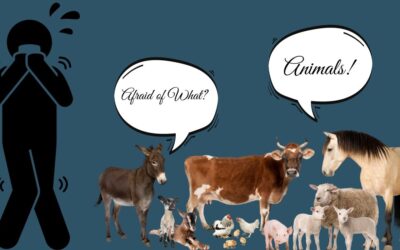As an educator and public speaker, understanding the concept tokenism is vital for my success. As a volunteer and/or subcontractor in multiple organizations, I have unfortunately been at the receiving end of tokenism. What is it and how can we move beyond it?
According to the Google Dictionary: Tokenism is the practice of making only a perfunctory or symbolic effort to do a particular thing, especially by recruiting a small number of people from underrepresented groups in order to give the appearance of sexual or racial equality within a workforce.
Symbolic and Perfunctory Tokenism
Adult Example
An example of teaching adults may be when we ask for feedback but do not value that feedback. It is giving surveys for the sake of the survey and not for the result. I recently attended a conference and the coordinator came right out and said she didn’t want any feedback on the location, venue, temperature in the rooms, or food. Um, those are huge parts of an overall conference experience. If I’m cold, I cannot focus. If I’m hungry or didn’t receive nourishing healthy food, my gut is controlling my mind. The good news is that stating those elements up front was not tokenism, per se. The survey that came out afterwards didn’t ask about any of those things. But it still fell short—it was symbolic! It didn’t pars out the breakouts separate from the keynote. The keynotes were a small percentage of the overall two-day experience. Wouldn’t it be helpful to know which breakouts were successful and which were sub-par? The survey fell short in authenticity and completeness.
Youth Example
Tokenism can frequent youth organizations. What if an adult requests kids to step up and lead, only for the adult to step in and take over? Kids see through this very quickly. Potential results: withdrawal, why bother, lack of participation. As adults, we do have more life experience. It is a fact. We have “been there, done that.” However, in Educational Kinesiology, we speak of moving from “getting it/learning” to “got it/learned” and the only way to cross that bridge is through experience, practice, and repetition. We must create authentic opportunities. This doesn’t mean we abandon someone in the process, but it does mean creating time and space for growth. It is a partnership.
I saw a beautiful example of this recently in 4-H. A 16-year-old youth was chairing a horse show, alongside an adult co-sponsor. They met for coffee and first identified their joint vision for the event—to be fun, unique and not drag into the evening. They created the show bill and menu together. They split out the duties and drew in others by invitation. The event was a success, evidenced by the laughter, smiles, ribbons won, volunteers, and money raised through concessions. This was more than giving a surface appearance of youth leadership; it was a collaborative effort between a youth and an adult.
I’m Guilty of Tokenism
I, myself, struggled with tokenism last year. A youth signed up to chair a project and I was the adult sponsor. I L-O-V-E the project area: child development and I dominated. In the four monthly events, I had trouble letting go. The events were a huge success. The youth even won a ribbon at the state level. But, upon reflection, I coulda/woulda/shoulda engaged the youth chair differently. My bad!
Beyond tokenism
Moving beyond tokenism can be a continuous dynamic adventure. I invite you to expand, recruit, reflect, and think outside the box.
Expand from symbolic representation to literal. When teaching,
I like to provide the learner outcomes and then invite audience participation as far as what we cover first, second, and third.

That strategy only works with some workshops; other times I simply invite discussion. The key is I truly want discussion because I value how it switches on the brain! The invitation is literal!
Recruit for authenticity. When asking for help, accept the help that is offered. Provide guidelines for success with space for individuality. Establish boundaries and structure so that both parties feel valued in the end.
Reflect. I paraphrase what I heard on Bob 106.1 FM this week: If you keep doing what you’re doing, you’ll keep getting what you got. If lamenting about involvement is becoming status quo, reflect on why that may be so. It takes two to tango.
Think outside the box. Whether teaching or volunteering, there are rules and regulations galore. Find ways to blend the desired outcomes with some new ideas. The brain has two sides—one loves novel/new and other loves familiar. Create balance between the two sides!
Conclusion
Aren’t we all in the process of self-actualization? It is a journey, not a destination. Every day of our lives we want to feel valued and appreciated. Let us rise above simple tokenism and into authentic inter-dependence.
(c) 2017 Cindy Goldade, in-motion intelligence





